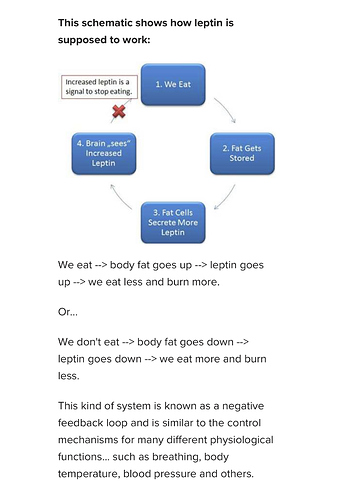Hi,
So I have been reading in this forum for a while now, finding a lot of support while I’m doing keto on my own, but it’s my first time posting anything. So I’ll start with a summary of my journey. [Warning long post ahead!]
I have successfully been on the keto diet for more than an year, by successfully I mean lost some weight, felt great and was able for the first time in years to eat a lot delicious things without guilt. I was a vegetarian for a couple of years, and not the healthy kind, my diet consisting mostly of wine and fruits (it was a stressful time and nutrition was obviously not my priority). At that time I was undereating and I was very skinny. When I managed to eat « normal healthy» again (LFHC, but also with meat), the weight came back really quickly and I realised my hunger and satiety signals were not working very well. I was never considered overweight, but the fact that all the extra weight following what was mostly a pure sugar diet was in my mid-section got me looking into weight gain and insulin problems… and I found keto!
Now, I went off the diet for a month while traveling (but still doing omad, which I always naturally do), I obviously gained some weight and since I’m back on my keto diet (around 3 months), I’m finding it very hard to get my hunger back in control. I typically never really feel that hungry, but when I start eating it’s quite hard to stop and I really have to overeat to feel full. And even on keto food, constantly overeating is making me gain weight. I know that years of undereating probably screw up my hunger signals, but going keto the first time helped a bit. It’s not just the weight gain that is bothering me, but the feeling of lack of control. I know some folks really never get the hunger signals back and have to just count everything and stick to it, some other advise to do carbs-up, or try extended fast, or should I just KCKO?
I think it’s Megan Ramos who said that omad is not ideal for weight loss, but when I try 2 meals a day, I just trigger more hunger and occasions to overeat. I’m thinking about trying carnivore for a while as a drastic reset to see if it helps getting in touch with my natural hunger, any thoughts or stories to share?
I’m a 27 years old female, I’m not overweight although I’d like to lose 15 pounds, I probably have some hormonal problems because I haven’t had a period in years. I do light workouts a couple times a week.
Sorry for blabbering so much and thank you for any insight!



